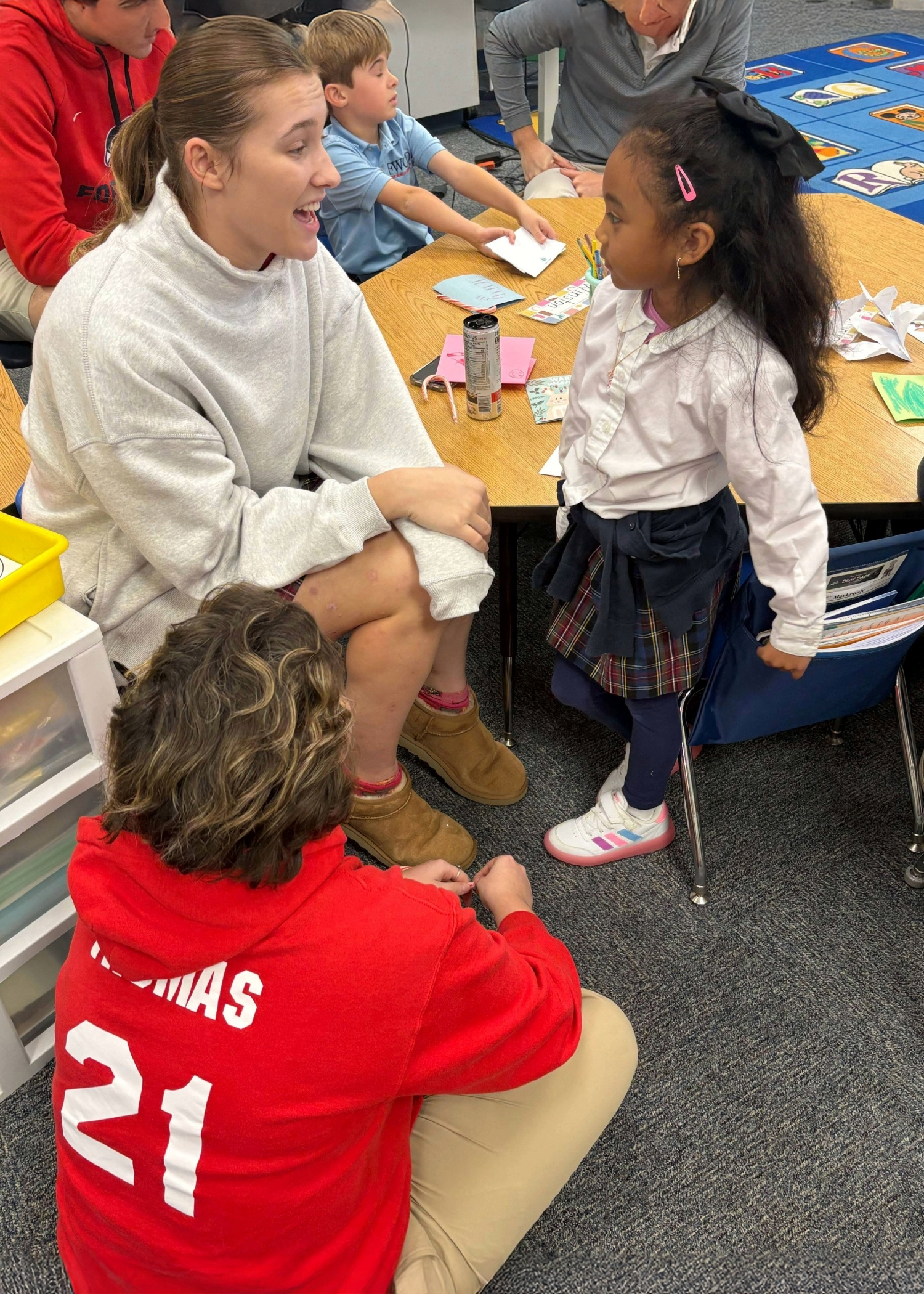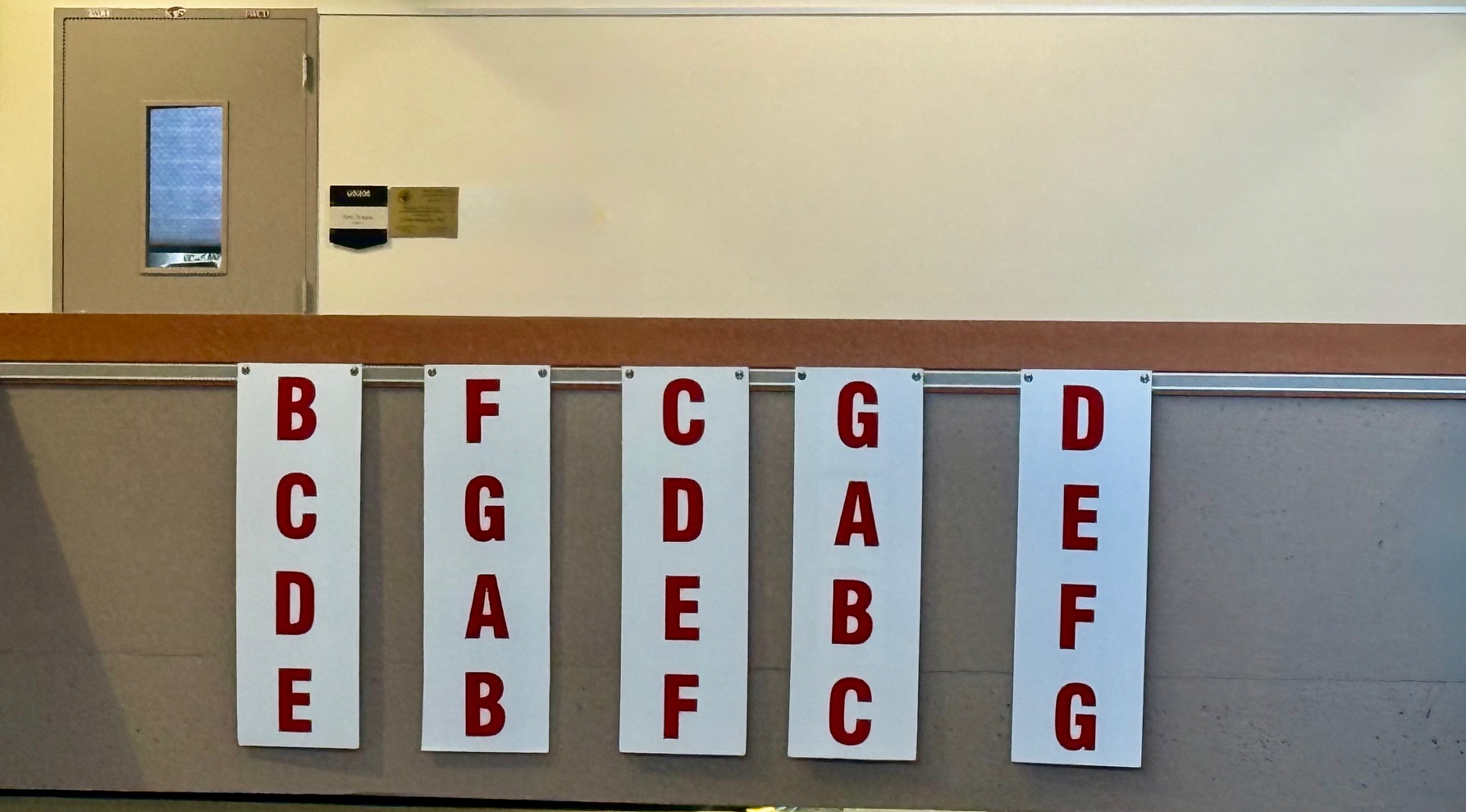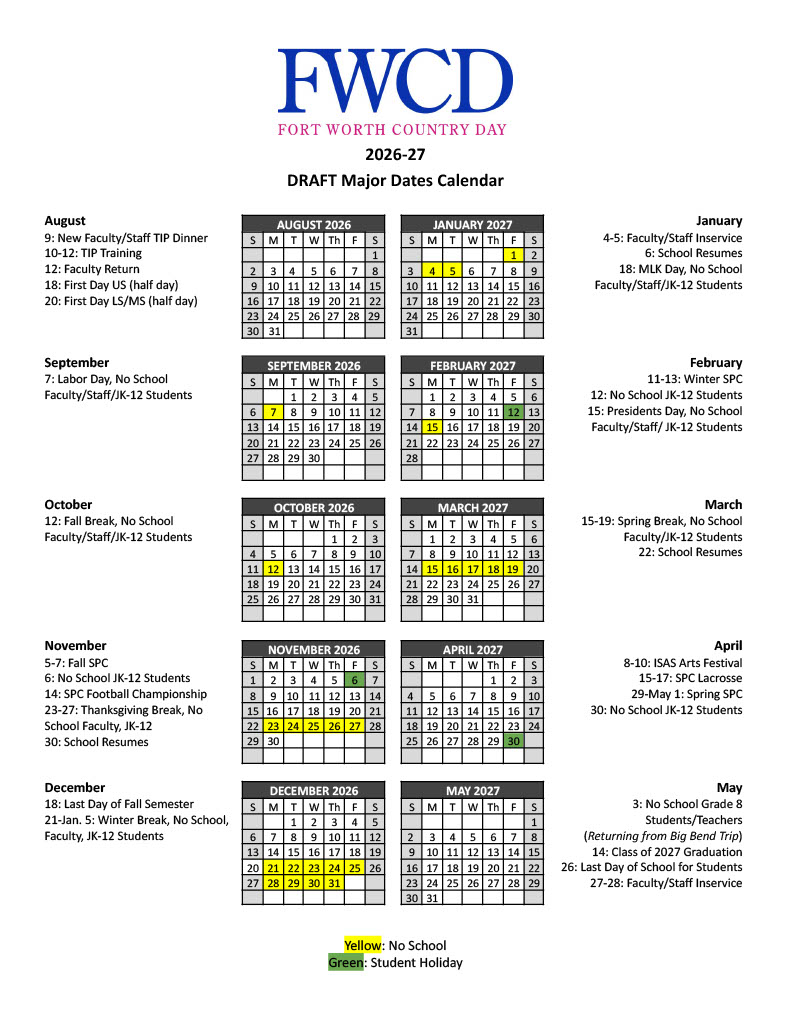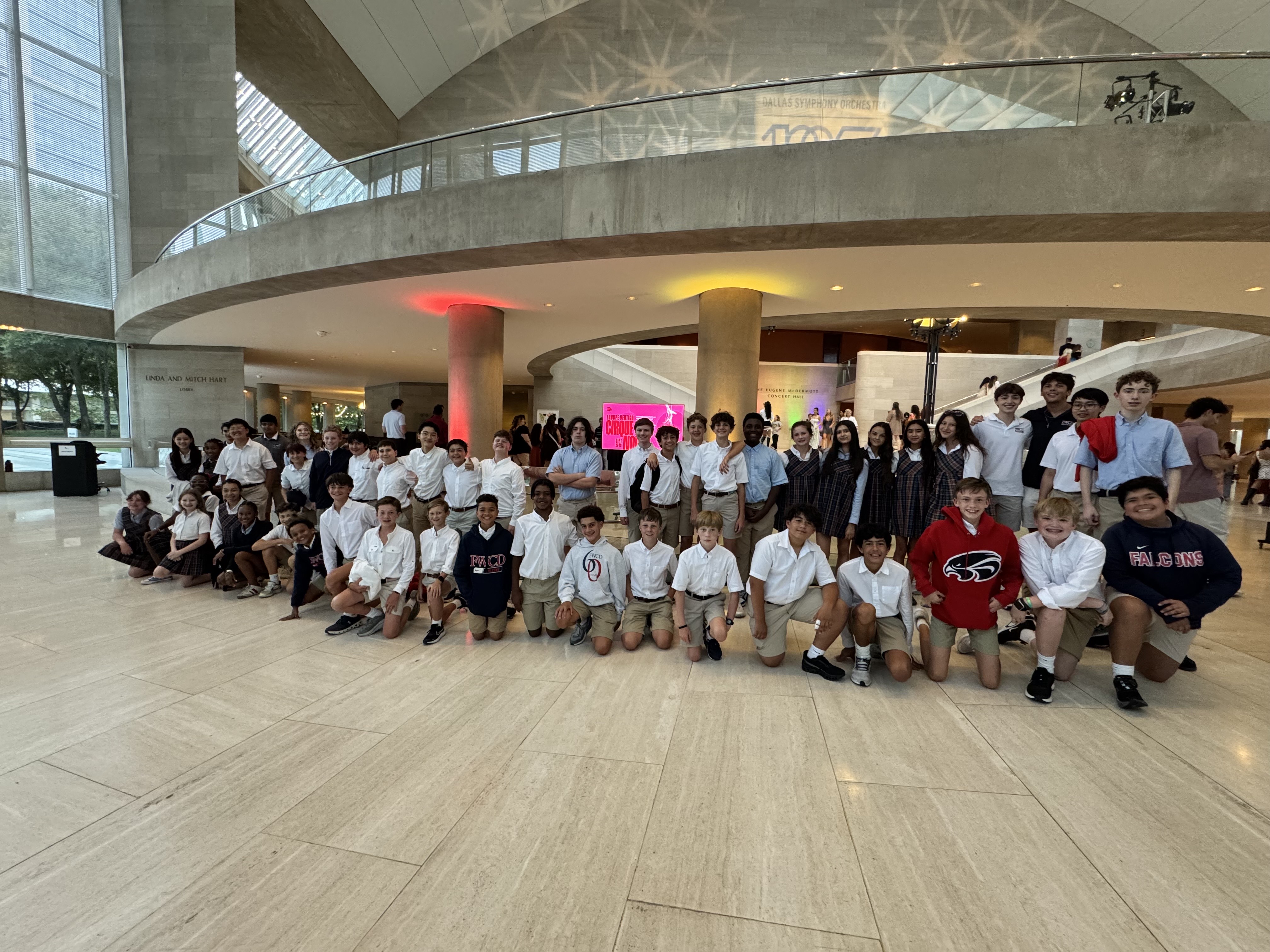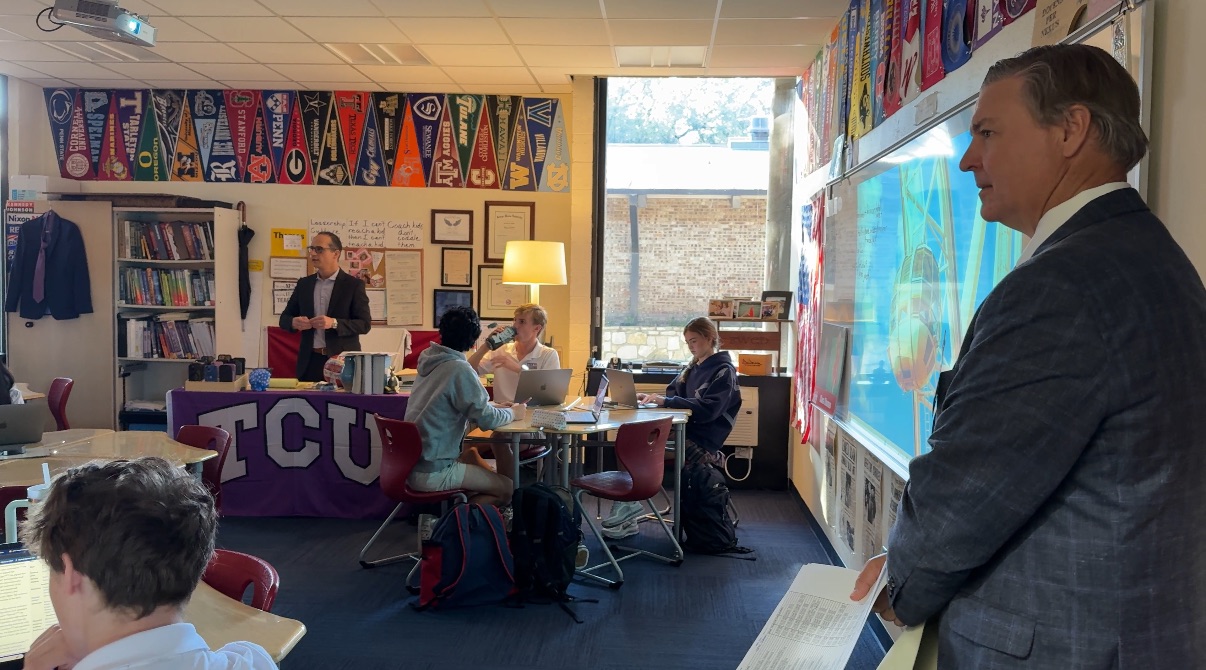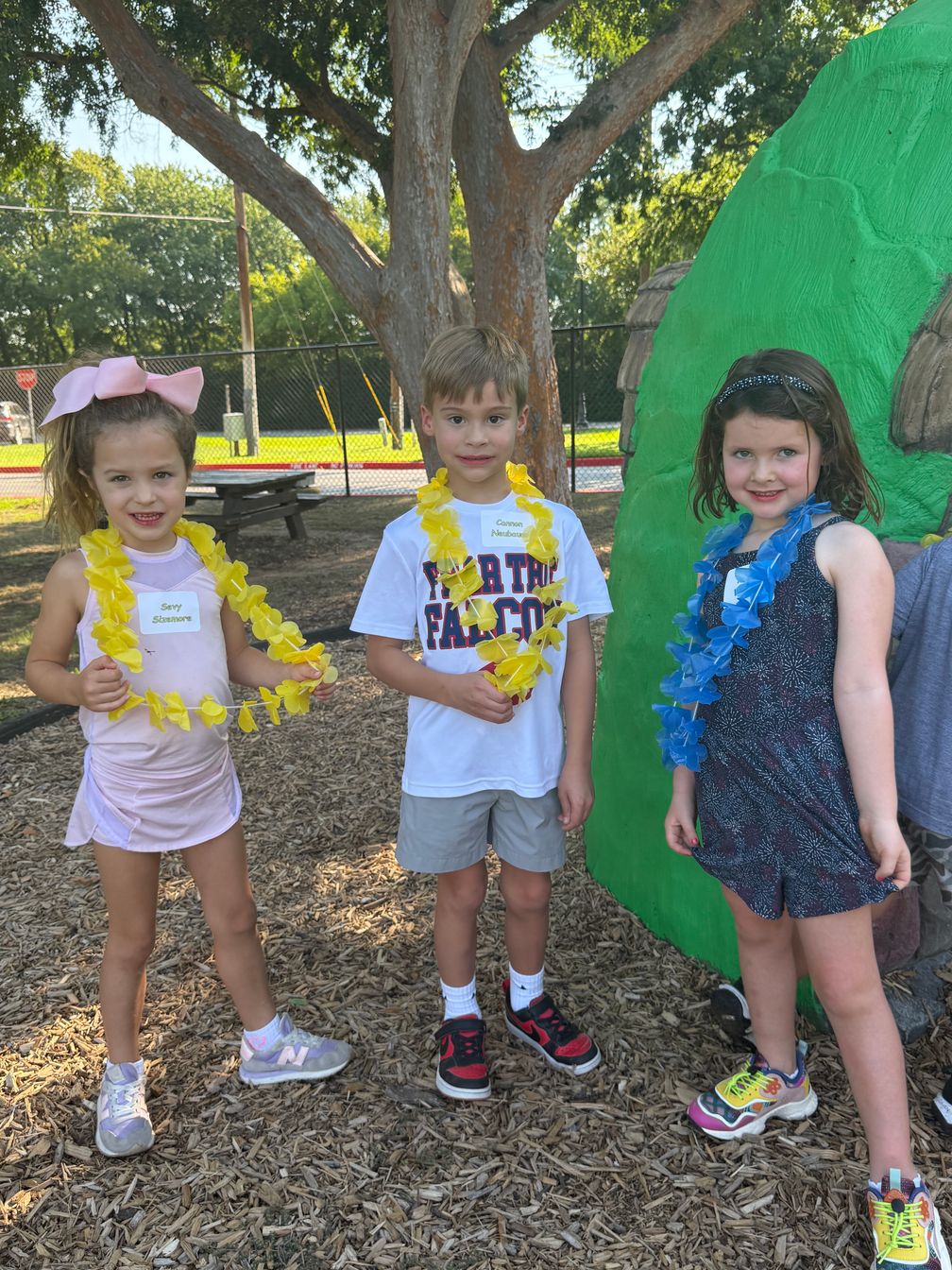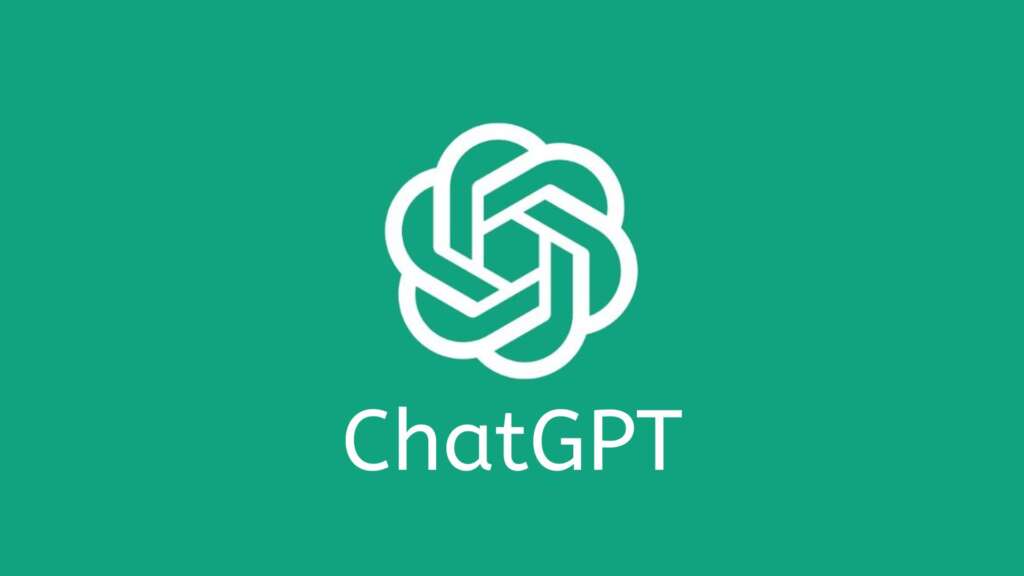ChatGPT: Developing the School’s Stance
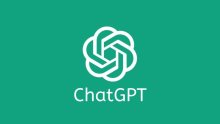
You might not have used it yet, but surely you have read something about ChatGPT recently. It was October 2022 when software creators OpenAI launched this artificial intelligence super site. The same engineers shared a second, much-improved version of the program a few months later. After going through a simple login process, anyone can ask ChatGPT to answer questions, generate ideas and brainstorm, write poetry and songs, translate text into 95 different languages, assist with coding and debugging, develop fantastic images and provide personalized recommendations. Close on OpenAI’s heels are engineers from any number of firms creating their own version of this newest technology tool.
You can imagine we have a lot to think about at school with the introduction of this powerful AI tool. Our job as educators is much like that of the software engineers who are creating ChatGPT. They are giving to a machine what we are charged with giving to our students: the ability to gather information and synthesize conclusions. If a machine can now do that gathering and synthesizing, is the value proposition for our school fundamentally at risk?
No, that value is not at risk. Nor should we hide ChatGPT from our older students. As educators, we will find ways that ChatGPT enhances our teaching. As we become more educated, we will also find age-appropriate ways to introduce tools of ChatGPt to students.
No matter how sophisticated AI gets, it is still “artificial intelligence.” The intelligence we are optimizing in our students is the real deal. The difference is that our students are being taught not just to gather facts and put them together to solve math problems or reconstruct a Supreme Court argument. They are being taught to process the information, to share the information with others, and to debate the information if necessary. Our students will never stop thriving in circumstances in which they are engaging and connecting in classes, guided by teachers and charged with defending their responses with evidence.
In the end, our students are being taught to think critically. Our students are being taught the techniques to blend paint colors on the canvas to create the exact color they want. They are being taught to be teammates who know their roles when the opponent hits a ball between second and third base with two outs. They are being taught to translate Latin authors in context. They are being taught how to manipulate clay with their hands to create a pot or vase. If we were simply putting thoughts into students’ heads, we might consider handing over teaching to ChatGPT and its successors. We are not, as the saying goes, filling vessels; rather, we are lighting lamps. We are inspiring our students to be curious, to be lifelong learners, to use a resource like ChatGPT to further their learning and feed their curiosity. AI fills vessels; our teachers light lamps. Sometimes that lighting will be done with the help of AI, but AI will not replace the invaluable, inspiring and inspired work our teachers do.
The School’s stance on AI, then, is somewhat of a work in progress, but we do know we cannot try to bar the door. ChatGPT is not an evil creation. It is a creation that our students need help taming and training. Even as AI gets more powerful, we will maintain the essential role of educators, helping our students become independent and critical thinkers with the ability to design buildings and cure diseases. We will also be called upon to help our students learn to use AI effectively and appropriately. While we need to have some concerns about the capacity of the new software to do our students’ homework (writing papers, solving math problems), we would be wrong to treat AI as the enemy. Used appropriately, ChatGPT (et. al.) can enhance the teaching and learning experience. Our teachers are on the front lines learning how to access the tool … perhaps like teaching a child to use a sharp knife: It can do important work for you if used appropriately, and it can hurt you if misused.




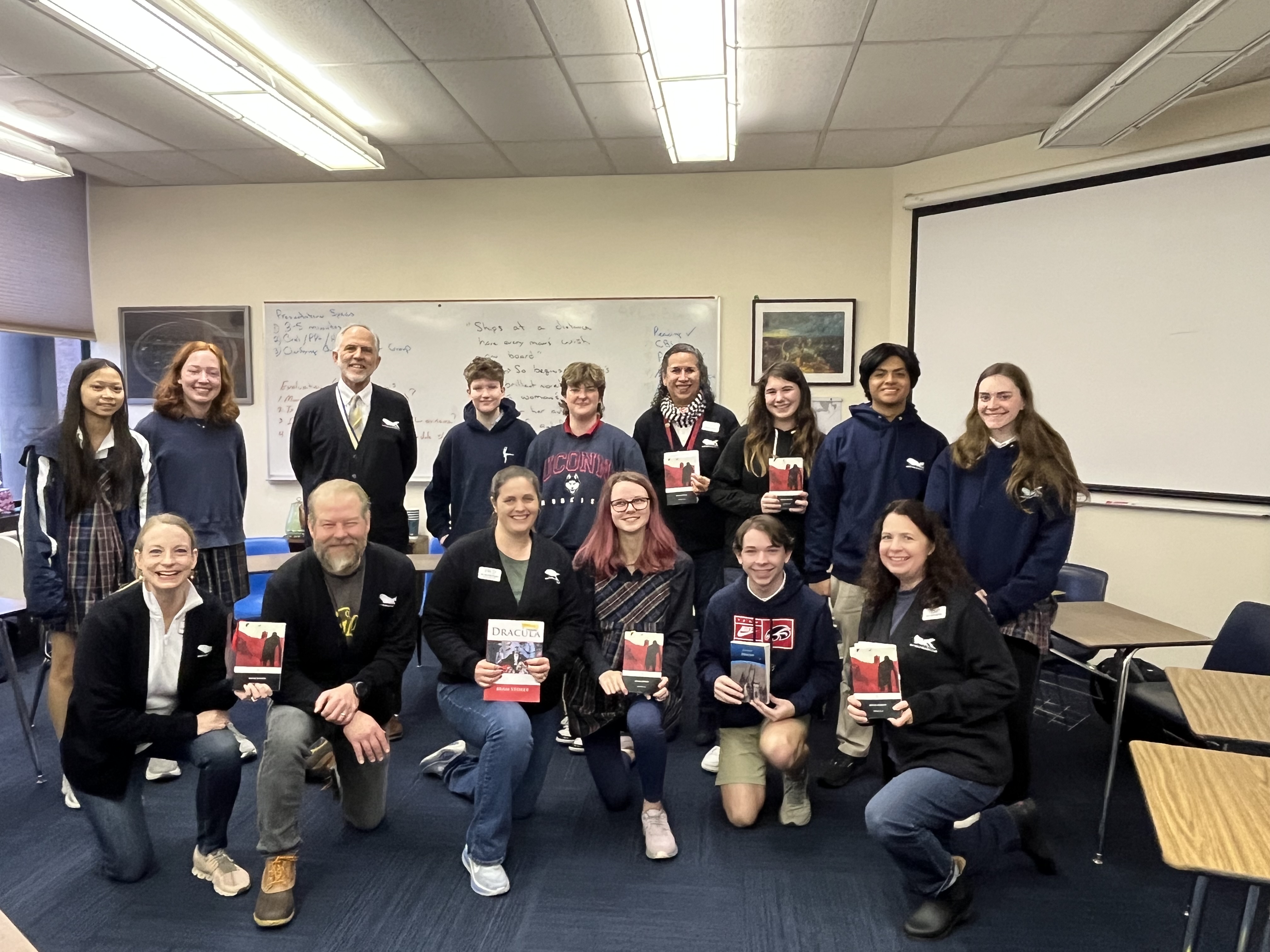
.jpg)



